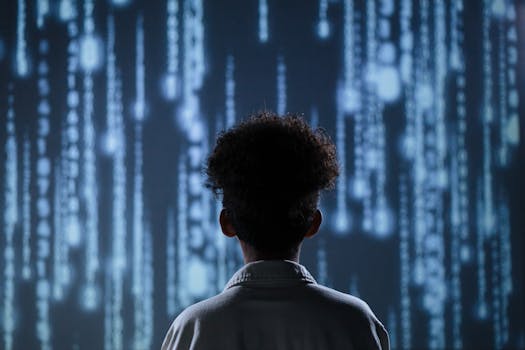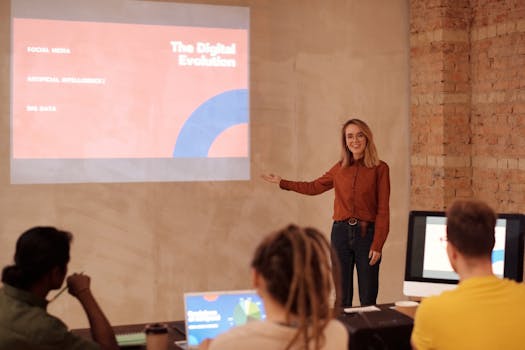
The Future of Education: What 2025 Holds
Focus Keyword: Future of Education

The future of education is rapidly changing with the integration of technology and innovative learning methods. In 2025, we can expect a more personalized and accessible education system. The use of artificial intelligence, virtual reality, and blockchain technology will revolutionize the way we learn and teach.
Section 1: Personalized Learning

Personalized learning is an approach that tailors the learning experience to each individual student’s needs and abilities. With the help of AI and machine learning, educators can create customized learning plans that cater to each student’s learning style and pace.
This approach has been shown to improve student outcomes and increase engagement. In 2025, we can expect to see more widespread adoption of personalized learning in schools and universities.
Section 2: Virtual and Augmented Reality

Virtual and augmented reality technologies are changing the way we experience and interact with information. In education, these technologies can be used to create immersive and interactive learning experiences that simulate real-world environments and scenarios.
For example, medical students can use VR to practice surgical procedures, while history students can use AR to explore historical sites and artifacts. In 2025, we can expect to see more integration of VR and AR in educational settings.
Section 3: Blockchain Technology

Blockchain technology has the potential to revolutionize the way we store and verify educational credentials and records. With blockchain, students can have a secure and transparent record of their academic achievements, which can be easily shared with employers and educational institutions.
In 2025, we can expect to see more adoption of blockchain technology in education, particularly in the areas of credentialing and verification.
Section 4: Accessibility and Inclusion

The future of education is not just about technology, but also about accessibility and inclusion. In 2025, we can expect to see more efforts to make education accessible to marginalized and underrepresented groups, including people with disabilities, remote communities, and low-income families.
This can be achieved through online and distance learning programs, as well as initiatives to provide affordable and accessible educational resources and technologies.
Section 5: Conclusion

In conclusion, the future of education in 2025 holds much promise and potential. With the integration of technology, personalized learning, and accessibility, we can expect to see a more inclusive and effective education system that prepares students for success in the 21st century.






